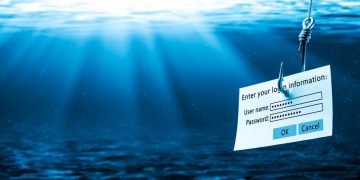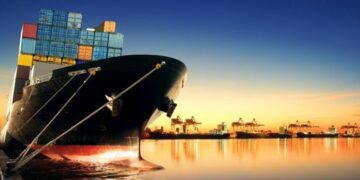IMO needs to investigate silicone hull coatings
Environmentalists are calling on IMO to investigate the use of tin in silicone-based foul release systems and other ships hull coatings, due to the increased concern for the re-emergence of organotin in marine hull coatings. While use of the organotin tributyltin was outlawed as an active biocide almost ten years ago, IMO is claimed to “have left the door open” for tin as a catalyst.
Read more






























































